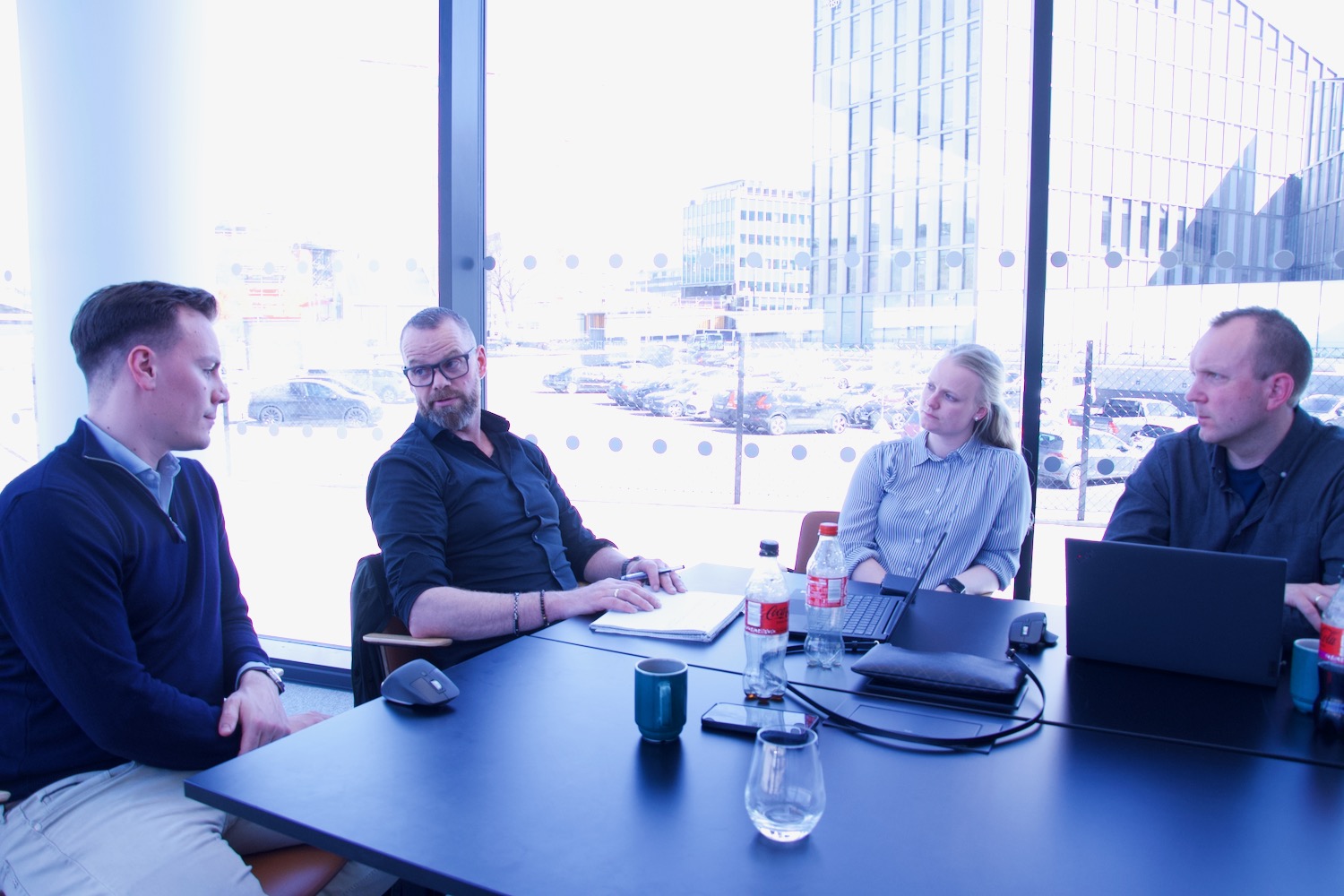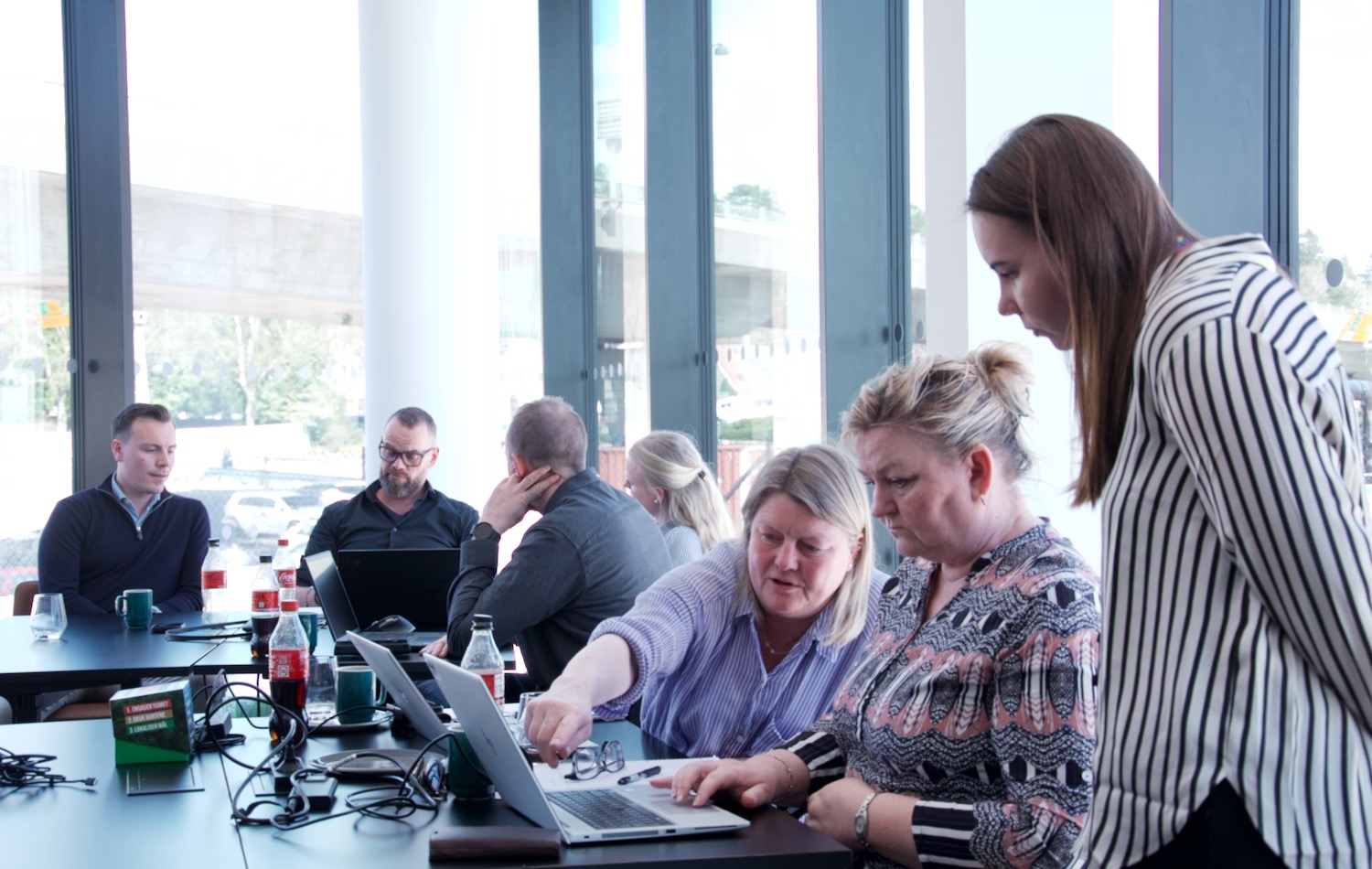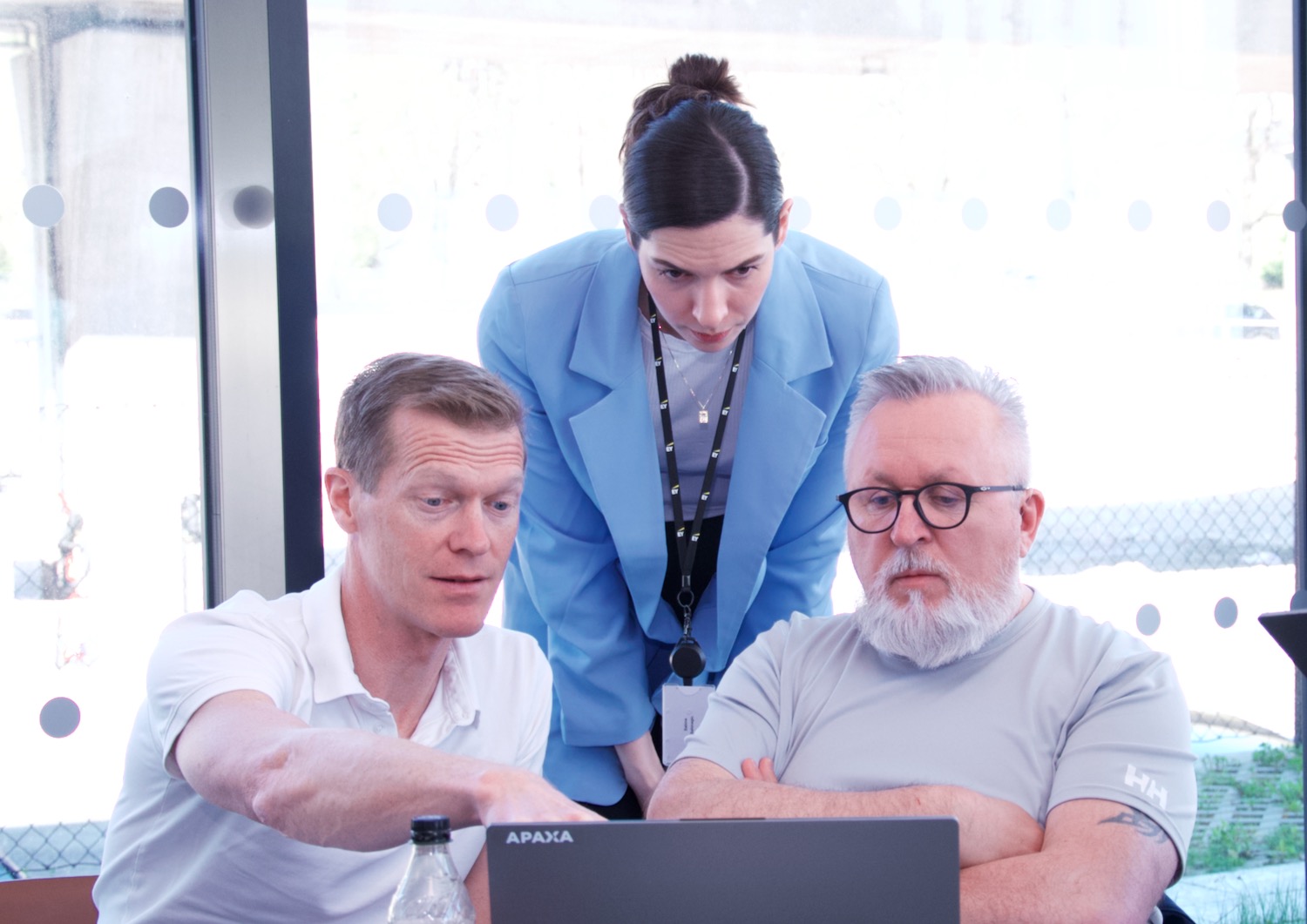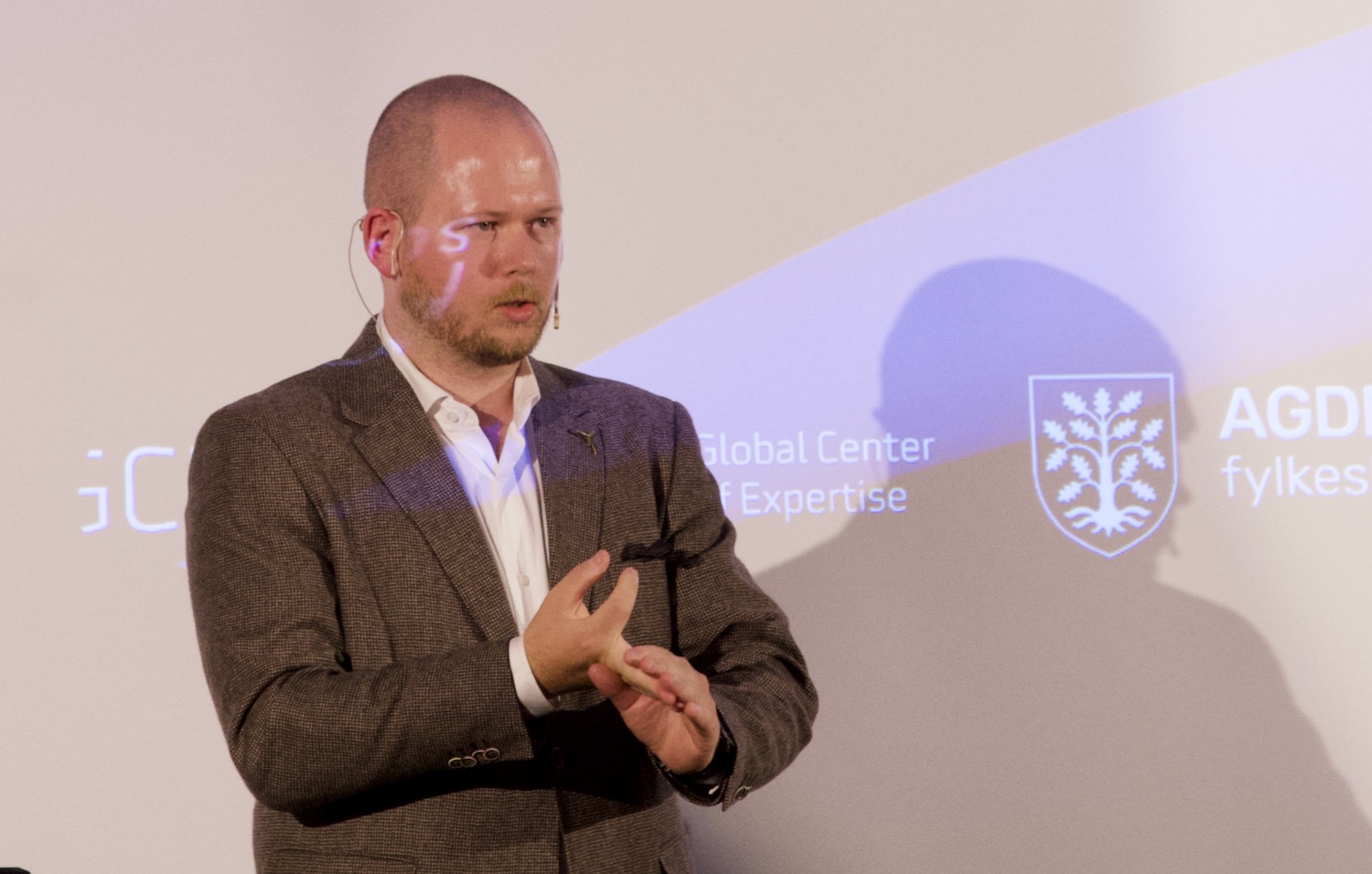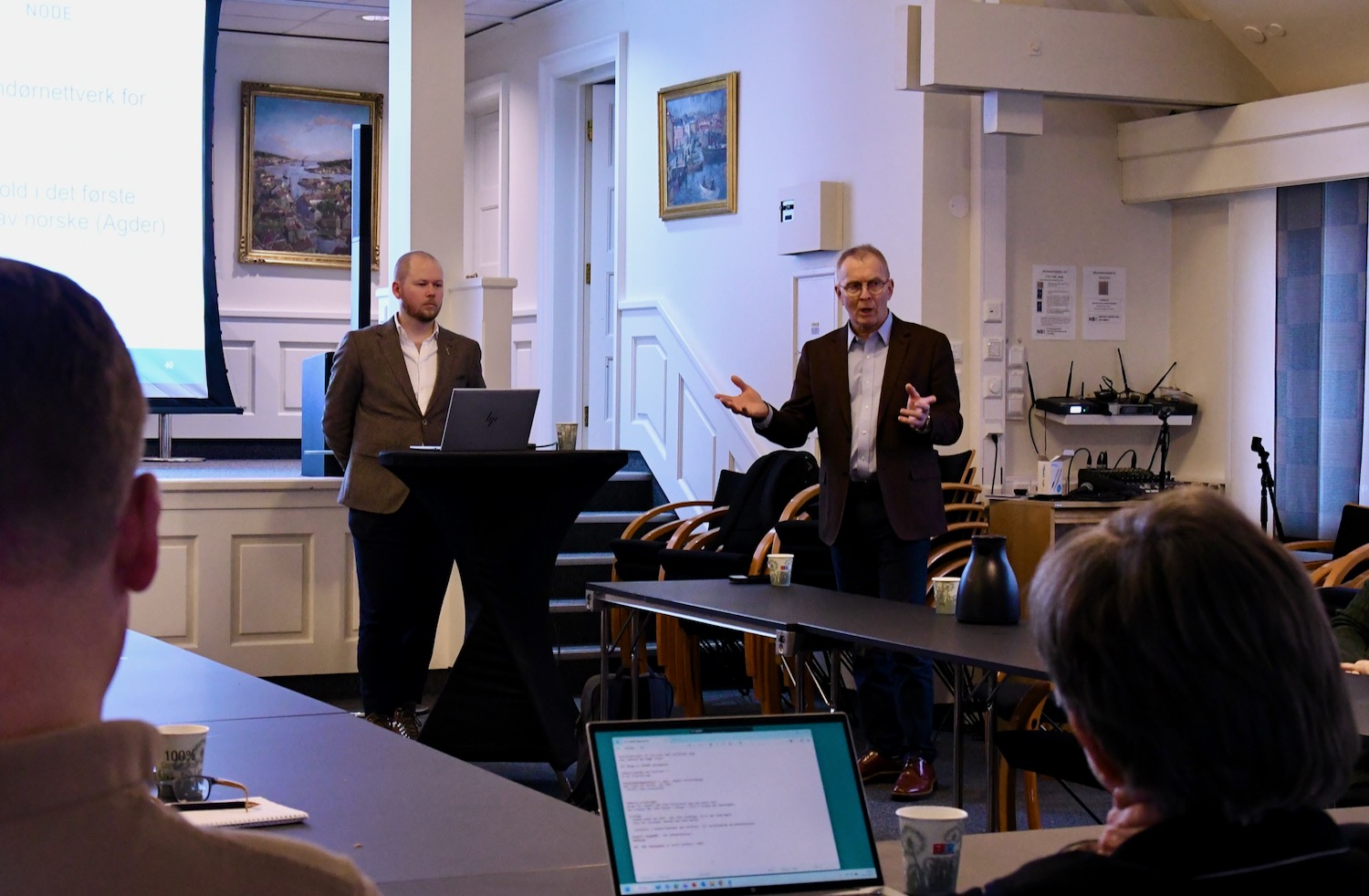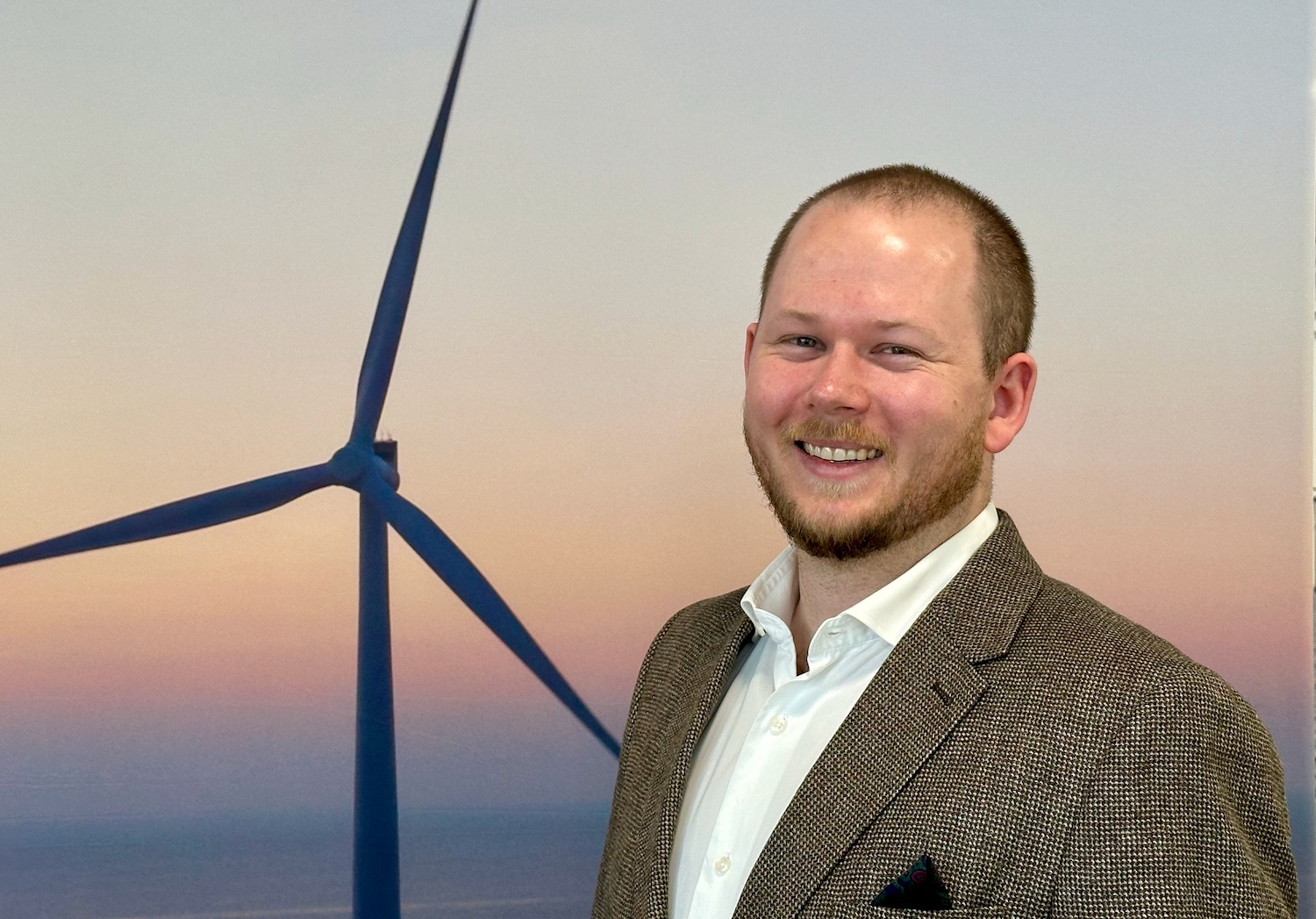“EU legislation is pushing large companies to standardize sustainability reporting. Small and medium-sized enterprises are next. Many have yet to grasp what is demanded from them, which is why we come together; to provide insight and practical advice,” says Jan Helge Viste, Project Manager Digitalization at GCE NODE.
The second season of the Sustainability Reporting course, featuring professional coaches from consultancies EY and Capgemini, comprises four companies: Nekkar, Eaton Hernis, On & Offshore Services, and Apaxa. They met four times in two months to address various aspects of sustainability work and sustainability reporting.
The introduction to sustainability work, including the United Nation’s Sustainable Development Goals, and the strategic importance of sustainability were topics for the first session. Assessing the company’s impact on society and vice versa – a double materiality analysis – was the topic of the second session, while learning how to report on scope 1, 2 and 3 of Greenhouse Gas emissions was a central in the third session. Finally, during the last session, the companies worked with their own sustainability report.
NET ZERO IN 2050
The European Union’s Green Deal sets the direction for sustainability. The EU pledges to reach net zero in 2050, while achieving economic growth. As part of the plan, EU is implementing a Corporate Sustainability Reporting Directive (CSRD) which will directly impact 1,700 Norwegian companies.
Starting in 2024, large companies of public interest will have to report in alignment with the European Sustainability Reporting Standards. A year later, all larger companies will have to comply, and in 2026 listed SMEs will have to follow suit.
SMEs will probably face demands for sustainability reporting even earlier, since larger corporations must document their suppliers’ approach to sustainability. Reporting in accordance with GRI – the Global Reporting Initiative – is a good start.
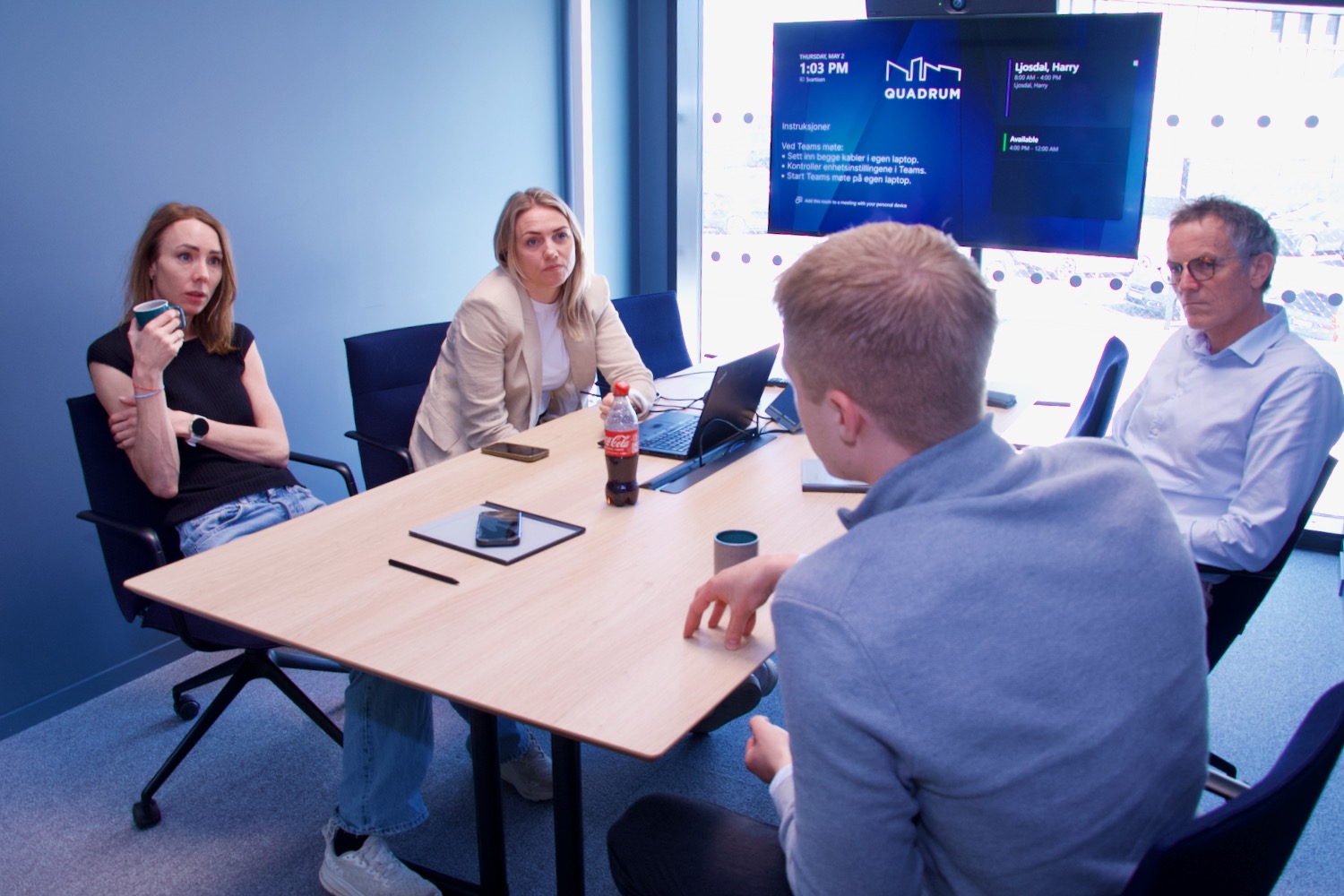
ROOTED AT THE TOP
“Being a listed company, we need to step up our game to be compliant with new EU regulations. Sustainability reporting is not new to us – we have already published an integrated annual report – still, this course has been very enlightening and very practical,” says Anne-Line Aagedal, Business Development and Sustainability Manager at Nekkar.
Nekkar CEO Ole Falk Hansen, Head of Finance Marianne Voreland Ottosen and Project & Operation Director (Techano) also attended the course.
“Sustainability is rooted at the top of the Nekkar organization. The Board of Directors is cheering us on,” says Aagedal.
For Apaxa, a smaller and younger company, sustainability reporting is quite new.
“There is an increasing demand from our customers to provide sustainability data. And it is vital for recruitment of younger people. Being part of this GCE NODE course is a convenient fast-tracking of our process to do better within the field of sustainability and sustainability reporting,” says Tommy Bolsøy, CEO of Apaxa.

